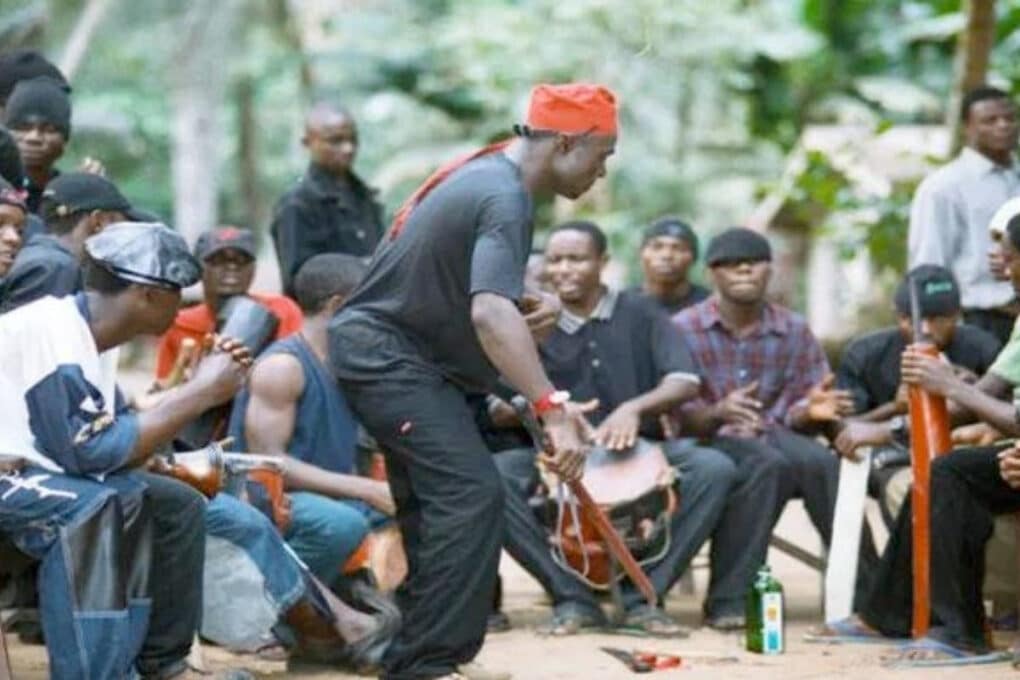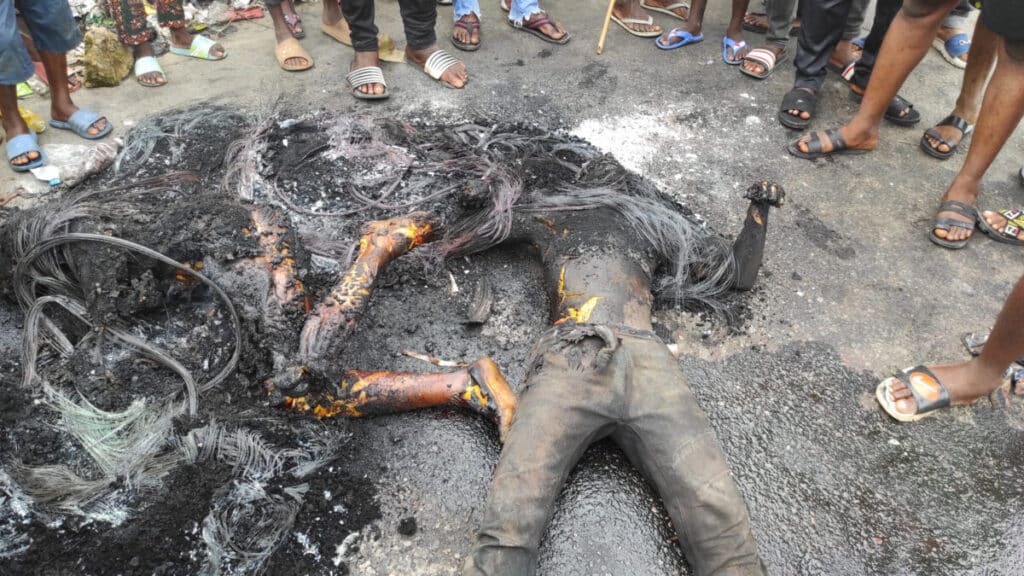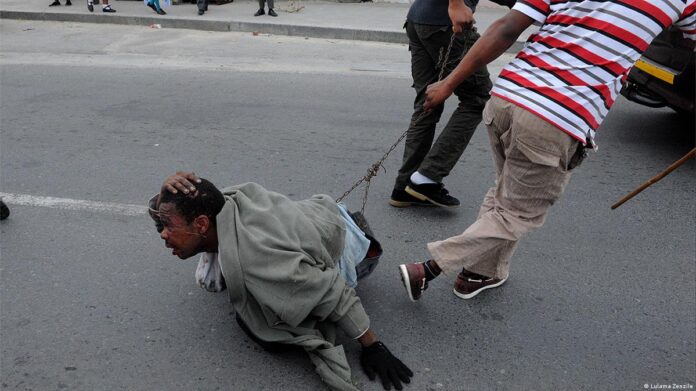Our country does not always guarantee justice. The law system is flawed with criminals escaping arrest, leaving the innocent at danger.
Filled with outrage, civilians thereby take the law into their hands, which results in jungle justice.
READ: Is Chivalry Dead Today?
What is jungle justice?

Also known as mob justice, jungle justice includes extrajudicial killing where an alleged criminal is publicly humiliated, beaten, and summarily executed. Often, vigilantes or an angry mob play the executioner in this case.
This gruesome activity happens in corrupt communities where the law is not respected. In these communities, there is usually a dysfunctional and corrupt law system.
Jungle justice is not restricted to gender or socio-economic class. Someone will be accused of a crime and led to the market square or road for further public humiliation. Following humiliation, they will be killed off by the mob using various methods.
The activity varies from various traumatizing treatments. The alleged criminal is forced to roll in the mud or is burnt, a method known as necklacing. Other times, they will be stoned to death.
History of Jungle Justice

Jungle justice in Nigeria has no particular history as it has been happening for decades. However, some say it can be traced to the Bakassi Boys, a group established in 1999.
At that time, armed robbers were terrorizing Aba in Abia State. The group took it upon themselves to fight for the safety of the town. They fought against cultists, armed robbers, kidnappers, and other criminal elements.
These youths were the executioners and the protector of society.
To date, people are still killed unjustly. Notable examples include the Deborah Samuel and Aluu four lynching, which was the most controversial event in Nigeria.
Most of the time, the crimes that result in jungle justice include theft or s3xual assault.
RELATED ARTICLES:
Causes of jungle justice
One cannot help but wonder why people would decide to lynch a person for the crimes they may have or have not committed. It comes down to the society they live in.
These things mostly occur in countries that cannot provide adequate protection or follow the law. Security agents cannot provide adequate protection, hence civilians take justice into their own hands and try to protect themselves. They have lost trust in the police and other security agents.
Other reasons include the following;
Poor justice system
Unfortunately, Nigeria does not have the best law system, as criminals go unpunished each year. People have lost faith in the system since the government cannot provide protection for them.
As a result, citizens now take laws into their own hands, which often results in the brutal killings of other citizens.
Corruption
Nigeria is one of the most corrupt nations in the world.
The people have lost faith in the government due to corrupt practices by the leaders. Apart from that, Nigerians are going through a lot, from poverty to hunger. One would say that they are very angry.
Any little thing can trigger the citizens’ anger, which of course, leads to jungle justice.
READ: Will N2.74 trillion budgeted for security help Nigeria fight insurgency amid corruption?
Religion
Religion is one of the oldest causes of jungle justice in Nigeria, as well as tribalism. Nigerians would go against each other just to protect their religion.
RELATED: Public Holidays in Nigeria
Is Jungle justice justified?

There is a general belief that jungle justice is the right punishment for criminals. Civilians cannot hand over the criminal to the government because of the fear of corruption. This fear results in the outrage of killings.
Despite the justification, jungle justice is an illegal and unconstitutional form of justice in Nigeria.
It breaches many provisions of the Nigerian Constitution. Section 33(1) of the Nigeria 1999 constitution states that;
“Every person has a right to life, and no one shall be deprived intentionally of his life, save in execution of the sentence of a court in respect of a criminal offense of which he has been found guilty in Nigeria.”
Similarly, other sections in the constitution explain that there is no room for mob justice. The suspect will not be subjected to torture, cruel, inhuman or degrading treatment”.
Nigerians do not believe in this law nor respect it. It would take a lot of grace for civilians to hand over matters to the corrupt government and also to the more corrupt law enforcement.
Jungle justice brings a lot of shame and trauma to the family affected. On rare occasions, the suspect may be guilty of the alleged crimes. However, victims are usually innocent and cannot defend themselves against an angry vicious mob.
Conclusion
Nigerians are angry. There are a lot of things going on – from poverty to corruption to hunger and so much more. We are afraid that people may be losing their respect for life. The government has failed to give account to many societal matters.
However, jungle justice is not the right way to gain justice or to right a wrong. It is a gruesome and traumatizing way to end a person’s life.
Although, this act should be a wake-up call for the Nigerian government, especially the judiciary, to make reforms and redeem their image in the eyes of the people.
Finally, there should be sensitization and education to the masses about the dangers and consequences of engaging in jungle justice.





